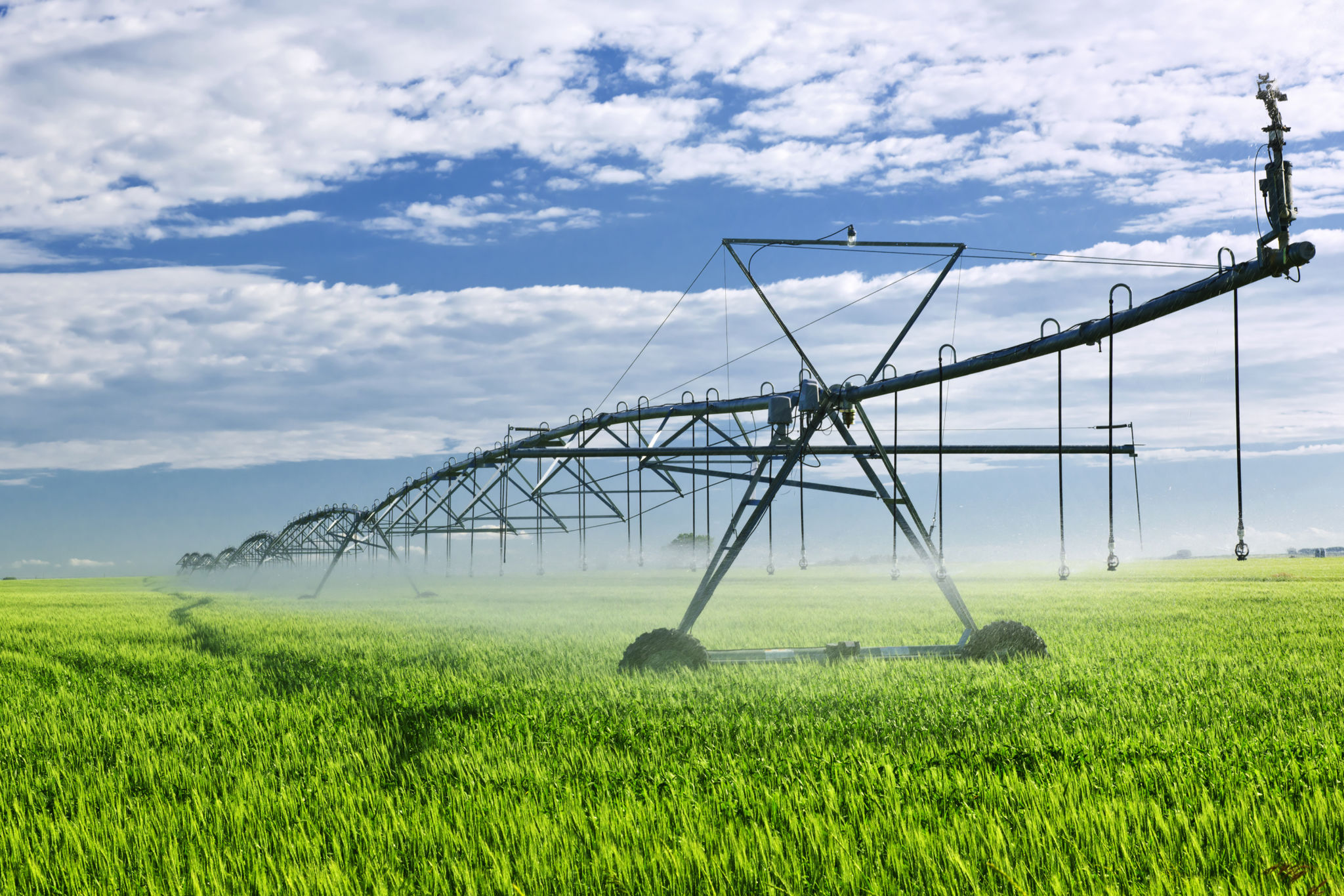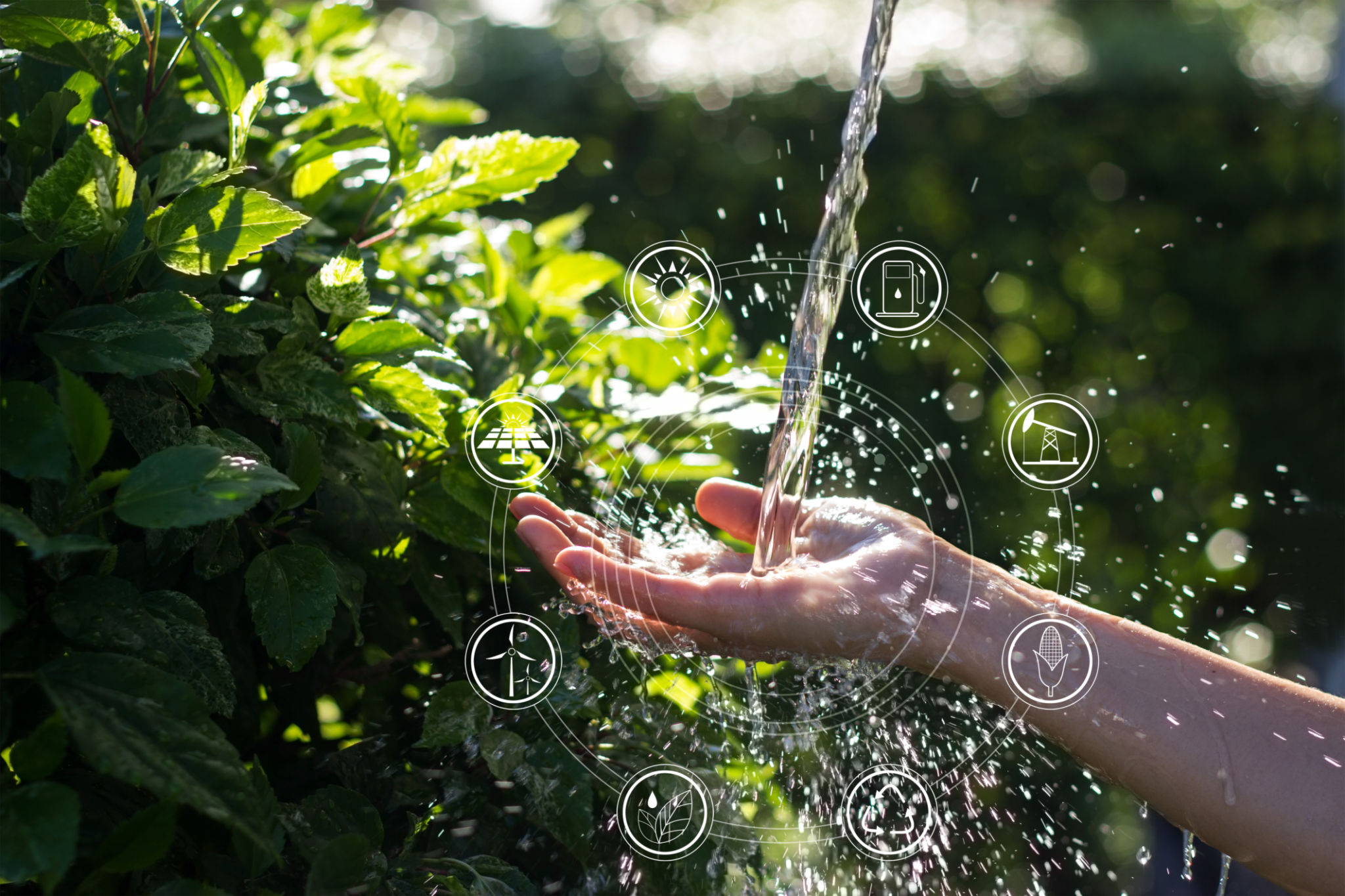Maximizing Efficiency in Agriculture Water Management: Best Practices for Delaware Farmers
Understanding the Importance of Water Management in Agriculture
Efficient water management is crucial for maximizing agricultural productivity, especially in regions like Delaware, where water resources can be limited. By adopting best practices in water management, farmers can optimize their water usage, reduce costs, and improve crop yields. This not only benefits the farmers but also contributes to sustainable agriculture and environmental conservation.

Implementing Advanced Irrigation Techniques
One of the most effective ways to enhance water efficiency is by implementing advanced irrigation techniques. Drip irrigation, for instance, delivers water directly to the plant roots, minimizing evaporation and runoff. This method ensures that plants receive the precise amount of water they need, reducing waste and promoting healthier crops.
Another innovative approach is the use of smart irrigation systems that utilize sensors and weather data to adjust watering schedules automatically. These systems help farmers save water by ensuring irrigation only occurs when necessary. By investing in such technologies, Delaware farmers can significantly enhance their water management strategies.

Soil Moisture Monitoring
Monitoring soil moisture levels is another critical component of effective water management. By using moisture sensors, farmers can gain real-time insights into the soil's water content. This information allows them to make informed decisions about when and how much to irrigate, ensuring optimal water use.
Soil moisture monitoring not only helps conserve water but also improves crop health by preventing overwatering or underwatering. By maintaining the right soil moisture balance, farmers can enhance root development and boost plant resilience against stressors like drought.
Water Recycling and Reuse Strategies
Implementing water recycling and reuse strategies can further maximize efficiency in agricultural water management. Techniques such as collecting and reusing rainwater or treated wastewater can provide an additional water source for irrigation purposes.

These strategies not only reduce dependency on freshwater resources but also help farmers cut costs associated with water procurement. As climate change impacts water availability, these innovative solutions become increasingly vital for sustainable agriculture in Delaware.
Collaborative Efforts and Education
Collaboration among farmers, agricultural organizations, and government agencies plays a crucial role in enhancing water management practices. By sharing knowledge and resources, stakeholders can develop and implement more efficient water management strategies collectively.
Educational programs and workshops are also essential in raising awareness about the latest technologies and practices in water management. By staying informed and adopting these advancements, Delaware farmers can lead the way in sustainable agriculture.

Conclusion
Maximizing efficiency in agricultural water management is essential for the sustainability and productivity of Delaware's farming industry. By adopting advanced irrigation techniques, monitoring soil moisture levels, implementing water recycling strategies, and engaging in collaborative efforts, farmers can optimize their water use effectively.
As stewards of the land, it is imperative for farmers to continually seek out innovative solutions that will secure the future of agriculture while preserving precious water resources. Embracing these best practices not only benefits individual farms but also contributes to a more sustainable agricultural landscape in Delaware.
